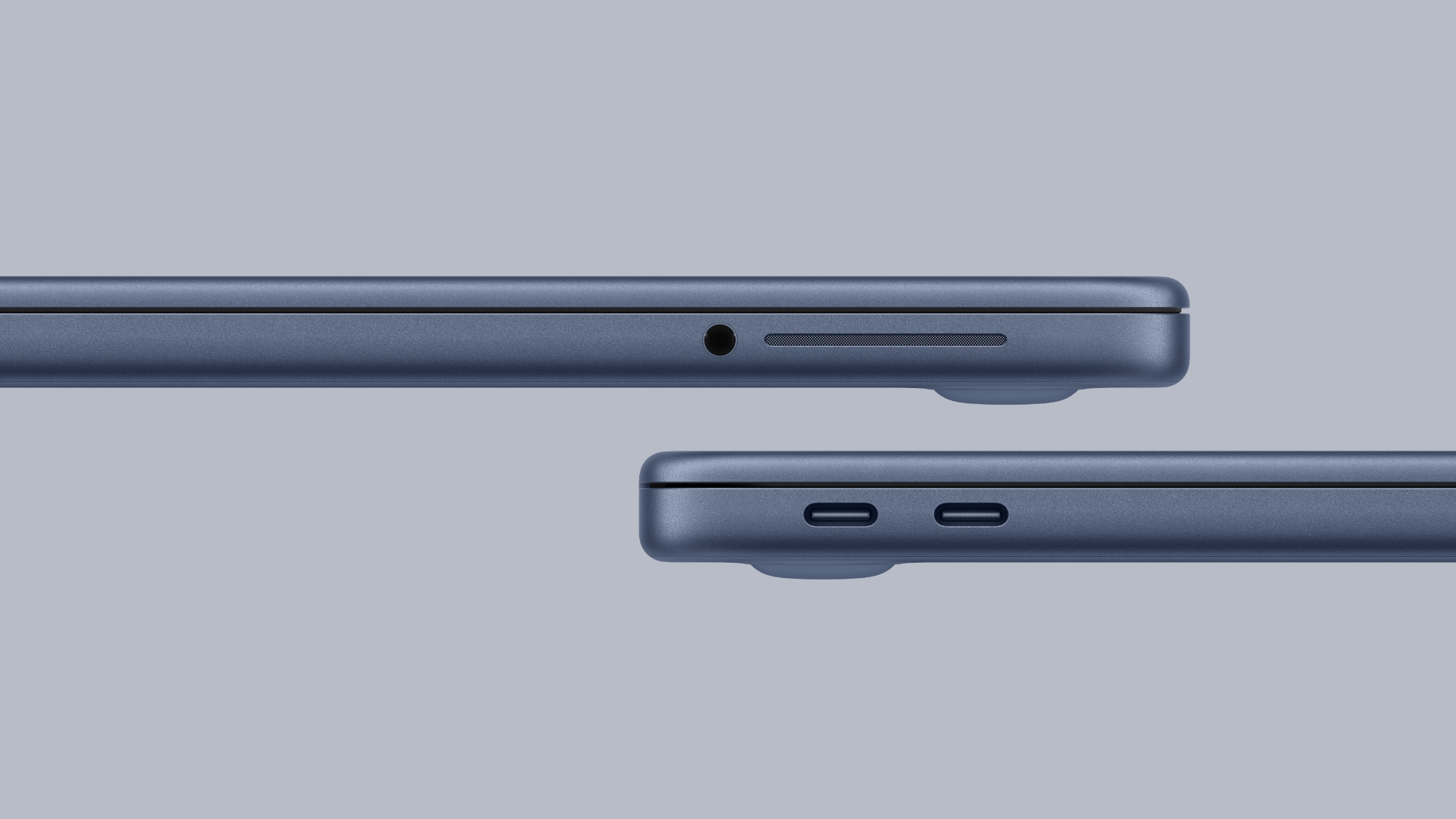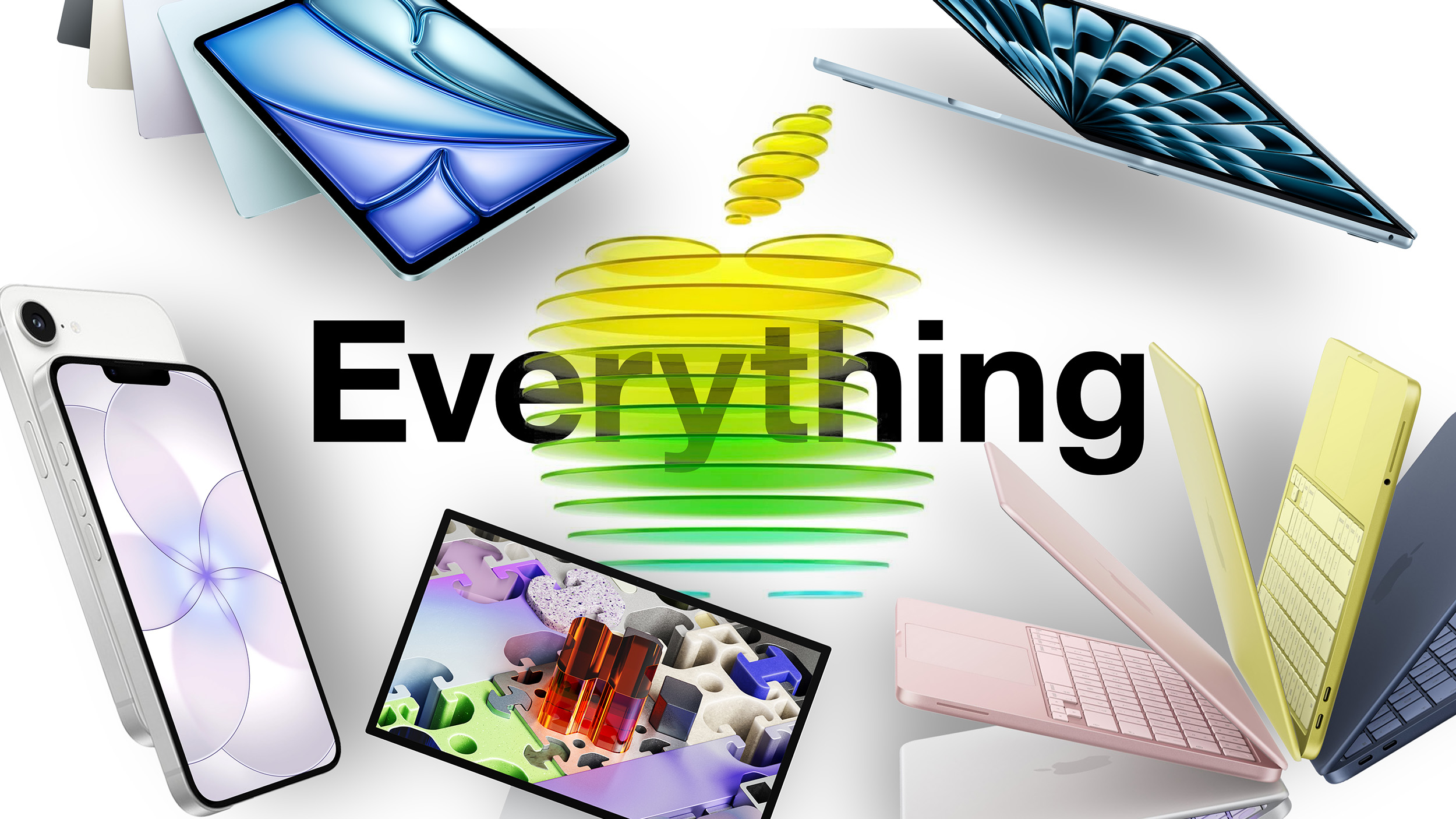2026-03-05 18:08:58
Apple Music is rolling out a new metadata system called Transparency Tags, which indicates when AI has been used in the creation of music hosted on the platform.

According to Music Business Worldwide, Apple sent a newsletter to industry partners on Wednesday to explain how it will roll out the new set of metadata.
The system covers four categories including artwork, track, composition (lyrics), and music video. Labels and distributors can begin applying the tags immediately. Apple describes the tags as optional for now, noting that if omitted, no AI is assumed.
Apple said it defers to content providers to determine what qualifies as AI-generated, and that it treats the tags similarly to genres, credits, and other existing metadata. The company describes it as a first step toward industry-wide transparency around AI-generated music.
Proper tagging of content is the first step in giving the music industry the data and tools needed to develop thoughtful policies around AI," Apple said in the newsletter, "and we believe labels and distributors must take an active role in reporting when the content they deliver is created using AI."Apple's approach contrasts with the route taken by competitors like Deezer, which has built its own detection infrastructure to independently identify AI-generated tracks, but it's not 100% accurate all the time. With Apple's tags, there isn't a visible enforcement or cross-verification process in place.
2026-03-05 09:24:11
The new MacBook Neo is equipped with two USB-C ports, but they are not the same. The left USB-C port supports USB 3 speeds of up to 10 Gb/s, while the right USB-C port closer to the trackpad is limited to USB 2 speeds of just 480 Mb/s. As a result, Apple says external display connectivity is supported on the left port only.

Given the ports are not labeled, this limitation could be an inconvenience. Fortunately, though, Daring Fireball's John Gruber said if you plug an external display into the incorrect port, macOS will alert you to use the other port.
Apple says the MacBook Neo supports one external display with up to 4K resolution at 60Hz.
If you want to learn more about which features and specs you have to live without if you buy a MacBook Neo, read our in-depth list of compromises.
MacBook Neo is available to pre-order now, with U.S. pricing starting at $599 ($499 for college students). The laptop launches Wednesday, March 11.
2026-03-05 08:55:55
None of the new MacBook Neo, MacBook Air, or MacBook Pro models unveiled this week come with a charger in the UK and EU countries, such as Germany, France, Italy, and Spain. This change began with the base 14-inch MacBook Pro last year.

If you need a power adapter, you must purchase one separately during checkout or later.
In all other countries, Apple includes a charger in the box with these Macs, at no additional cost. In the U.S., for example, the MacBook Neo ships with Apple's 20W USB-C Power Adapter (sold separately for $19), while the 16-inch MacBook Pro comes with Apple's 140W USB-C Power Adapter (sold separately for $99).
Apple includes a USB-C or MagSafe 3 charging cable with all of the new MacBooks sold worldwide.
2026-03-05 07:40:46
Across Monday, Tuesday, and Wednesday, Apple unveiled seven new products, including low-cost iPhone and MacBook options, new displays, and refreshes for the MacBook Air, MacBook Pro, and iPad Air.

We've rounded up all of our coverage from this week in case you missed any of the product announcements or details.
2026-03-05 06:11:05
The new MacBook Neo is Apple's most affordable Mac notebook, and at $599, it's priced the same as the iPhone 17e. For teachers and college students, it's even more affordable at $499.

To offer a Mac at such a low price, Apple had to make some compromises, and there are some features that the MacBook Neo is lacking compared to the next most expensive Mac notebook, the MacBook Air.
2026-03-05 04:54:19
Apple's press release and marketing materials for the new Studio Display and Studio Display XDR models do not mention which chips are inside the monitors, but MacRumors has confirmed this information in the latest Studio Display firmware.

The firmware reveals that the second-generation Studio Display is equipped with an A19 chip, while the Studio Display XDR has an A19 Pro chip, according to code reviewed by MacRumors contributor Aaron Perris. Rumors had mentioned either the A19 chip or the A19 Pro chip, and it turns out that the two chips are split across the two models.
The original Studio Display from 2022 is equipped with an A13 Bionic chip, which is something that Apple advertised. Apple said the chip enables features such as Center Stage camera framing, Spatial Audio, and "Siri" and "Hey Siri" voice activation for Siri. Apple introduced the A13 Bionic chip in the iPhone 11 series in 2019.
Introduced across the iPhone 17 and iPhone Air models last year, the A19 and A19 Pro chips are much newer. These chips likely help to drive the improved speakers in both new Studio Display models, and they likely enable the camera's Desk View feature, which can show your face and an overhead view of your desk at the same time.
In both new Studio Displays, Apple says the six-speaker sound system delivers 30% deeper bass compared to the previous generation.
It is unclear exactly why the Studio Display XDR has a higher-end A19 Pro chip, but it certainly tracks with this model having more powerful features, such as a 120Hz refresh rate, mini-LED backlighting, and increased brightness.
We will learn more about the new Studio Displays and the hardware inside of them through upcoming reviews and teardowns.
Both new models can be pre-ordered now and launch on Wednesday, March 11.